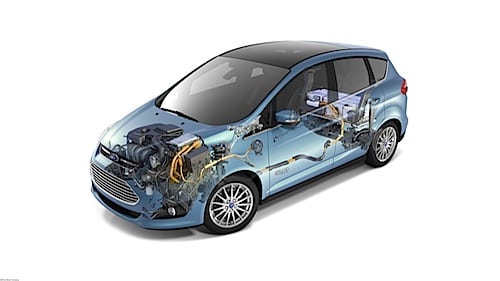The question of whether buying new or used is best has been with car buyers for generations. In today’s market, a vehicle purchase can be very expensive. Most vehicle owners will own an average of 10 or more vehicles in their lifetimes and most will spend about a quarter of their income on those vehicles. So the amount of money at stake is significant.
Most of the answers to the question of “new or used?” come down to answering questions about wants, needs, budgets, and risk aversion. The cost-benefit analysis is about those four things and how important each of them is to your buying choice.
Why Buy New
The obvious reasons to buy new are: warranties and lower risks. The obvious downsides to buying new are the higher cost. Comparing a new model with an older one, even if they’re exactly the same vehicle in all but model year, will always have the used vehicle being cheaper. The tradeoff is that the new car will have guarantees and warranties that are both covered by the manufacturer and the law.
If a brand new vehicle has problems soon after its purchase (within three years of purchase, in most cases, and more in others), the manufacturer is required to remedy that problem. Obviously there are limits to the kinds of claims that can be made, but if the problem is in any way related to the vehicle’s design, manufacture, or build quality, it’s on the carmaker to make it right.
Newer cars also benefit from the latest technologies, both inside and out. A new car is generally more fuel efficient, safer, and more advanced than is a comparable older car. Today’s new cars include advanced safety and driver assistance items that weren’t even on the market just a few years ago. Often these are standard equipment now.
 Further, a new car has no wear and tear, no accident history lurking in the shadows, and no questions about title and ownership. Registering and legalizing a new car purchase is far easier and hassle-free as well. Most new cars come with inspections and the like already performed and dealerships often include the title transfer and registration fees as part of the purchase.
Further, a new car has no wear and tear, no accident history lurking in the shadows, and no questions about title and ownership. Registering and legalizing a new car purchase is far easier and hassle-free as well. Most new cars come with inspections and the like already performed and dealerships often include the title transfer and registration fees as part of the purchase.
Getting a bank loan or other financing for a new car is far easier than it is for a used vehicle. Financing incentives, leasing options, and more are all available for new cars. Most of the time, no matter the buyer’s credit rating, a new car purchase can be financed from the dealership and settled in just a few hours. Costs can be significantly lowered in a new car when financing deals such as zero percent offers and matching down payments are considered.
The other advantage of a new car is its prestige. A new vehicle has a certain amount of social boost that brings a lot of appeal.
Why Buy Used
With a used vehicle, there are two major advantages: lower purchase price and lower costs. Used cars are cheaper to buy and usually have lower insurance costs associated with them. New cars depreciate quickly once purchased whereas a used car has already had that depreciation happen, hence its cheaper price. A new car can lose 50 percent of its value in just a couple of years whereas a used car loses value slowly over time.
It’s important that in the search for a used car, the buyer ensure that the vehicle being purchased is a good one. In used cars, make and model matter, but so does the history of the particular car being considered. Most of the potential savings with buying used are with the car’s reliability expectation. That expectation is only known if the vehicle is known to have been well cared for and maintained.
The major disadvantage to a used car is that there is likely no guarantee or warranty associated with it and if there is, it’s very limited. Even certified used cars, which are backed by the manufacturer for a year or so after purchase, are no guarantee of a trouble-free vehicle.
Buying and legalizing a used car are also more time-intensive for the buyer, given the extra footwork often required to secure a loan and the work required to transfer titles and pay for inspections and registrations. Interest rates for loans on used cars are also often higher than they are for new.
These costs, however, often translate into more work on the buyer that means lower costs over time. A typical monthly loan payment on a used car, for example, is generally about half to two thirds that of a new car payment. Add in that the sale tax for the lower purchase price and the lower valuation of the car means lower insurance rates and there could be even more savings.
So Which Is It?
So the question of whether to buy new or used is largely down to those four points we mentioned at the beginning.
Do you want a new car? If so, why?
Do you need a new car? If so, why?
Can you afford a new car? If not, why?
Is the risk of a used car worth it? If not, why?
Answering these questions will answer your new vs. used conundrum.




